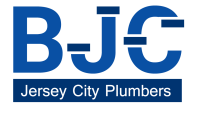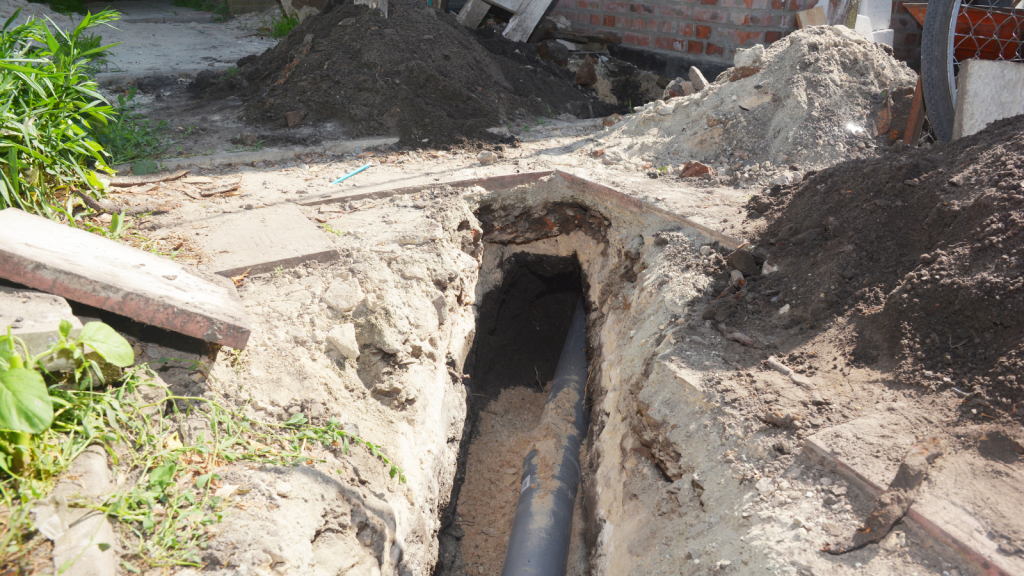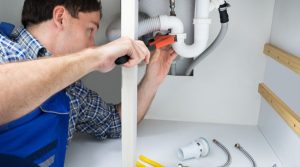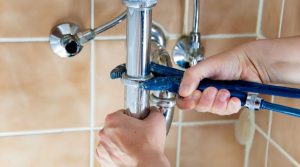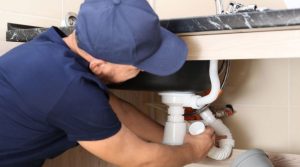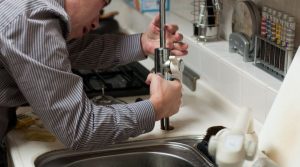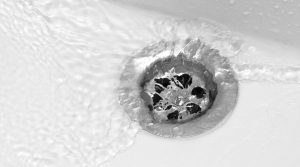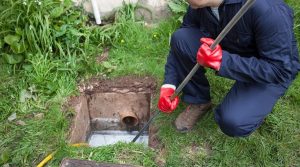Keeping your drains and sewer lines in excellent state is essential for a robust and effective plumbing system. Clogged or slow-draining pipes can lead to serious issues such as water damage, unpleasant odors, and expensive repairs. By understanding effective drain cleaning techniques and adopting by taking preventative action, you may save money and time. and avoid hassle. This guide explores the best methods for cleaning drains, safety precautions, standard techniques, and essential tips for efficient sewer and drain maintenance.
BJC Jersey City Plumbers offers a thorough review of our services and products, ensuring you have the information needed to make informed choices for your plumbing emergencies and maintenance needs. Our daily goal is to deliver the high level of professional service, honesty, and integrity that you expect from a premier service provider.
What Is the Best Method for Cleaning Drains?
There are several techniques for cleaning drains, depending on the severity of the blockage and the type of drain. Here are some of the most effective approaches:
Plumbing Snake: A plumbing snake, or an auger, is an adaptable instrument for removing obstructions in various drains. It features a long, flexible metal cable that can reach deep into pipes to break up and remove obstructions.
Hydro Jetting: Hydro jetting uses a high-pressure stream of water to clean the interior of pipes. This technique works very well for eliminating stubborn clogs and grease buildup. It cleans the entire pipe surface, reducing the likelihood of future blockages.
Chemical Drain Cleaners: Available in liquid or powder form, chemical drain cleaners are designed to dissolve clogs caused by hair, grease, or soap scum. However, they should be used cautiously due to their harsh chemicals.
Enzyme Cleaners: Enzyme-based cleaners use natural Organic waste in drains is broken down by bacteria and enzymes. They are less harsh than chemical options and maintain clean drains without damaging pipes.
What Are the Safety Precautions for Drain Cleaners?
When using drain cleaners, especially chemical ones, it’s essential to follow these safety precautions:
- Wear Protective Gear: Put on gloves and safety goggles. at all times to avoid skin contact and eye irritation from chemical drain cleaners.
- Ensure Proper Ventilation: Use drain cleaners in well-ventilated areas to avoid inhaling potentially harmful fumes.
- Follow Instructions: Read and adhere to the the label’s manufacturer’s recommendations for safe and efficient use.
- Avoid Mixing Cleaners: Never mix different drain cleaners, as this can cause dangerous chemical reactions.
- Keep Out of Reach: Store drain cleaners away from dogs and youngsters to avoid unintentional exposure.
Standard Drain Cleaning Techniques and Their Benefits
- Manual Removal: Removing debris from drain covers or traps is effective for minor clogs. This simple and inexpensive technique is ideal for clearing hair and small objects.
- Plumbing Snake: Plumbing snakes are effective for clearing blockages in various pipe types and depths, handling minor and moderate clogs efficiently.
- Hydro Jetting is a thorough cleaning method that is excellent for removing stubborn clogs and is beneficial for large-scale sewer line cleaning, helping to prevent future issues.
- Enzyme Cleaners: Ideal for regular maintenance, enzyme-based cleaners are environmentally friendly and safe for all pipe types, helping to prevent future clogs.
7 Tips for Efficient Sewer and Drain Cleaning
1. Schedule Regular Maintenance: Regular drain cleaning helps prevent clogs and maintains the efficiency of your plumbing system.
2. Use Drain Screens: Install screens or mesh covers over drains to catch debris and prevent hair, food particles, and other materials from entering the pipes.
3. Avoid Pouring Grease: Dispose of grease and cooking oil in a container rather than pouring them down the sink, as they can solidify and cause blockages.
4. Flush with Hot Water: Periodically flush Use hot water in your drains to dissolve soap and grease. buildup.
5. Use Baking Soda and Vinegar: For a natural cleaning solution, pour Pour vinegar and baking soda down the drain, wait a few minutes, and then flush. with hot water.
6. Be Cautious with Chemical Cleaners:Chemical drain cleaners should only be used in extreme cases. as they can damage pipes over time.
7. Consult a Professional: For severe clogs or persistent issues, seek help from a professional plumber who has the expertise and equipment to handle complex problems and ensure your plumbing system remains in good condition.
Conclusion
Effective drain cleaning and regular maintenance are vital for preventing costly plumbing issues and ensuring the longevity of your pipes. By employing proper cleaning techniques, following safety precautions, With taking preventative action, you may maintain your drains flowing smoothly and avoid future headaches. Remember, when in doubt, don’t hesitate to seek professional help. A well-maintained plumbing system not only enhances the comfort of your home but also contributes to its overall value and functionality.
